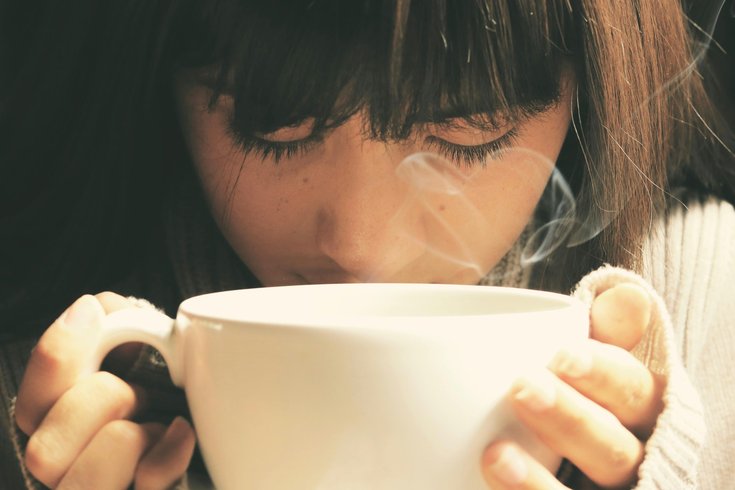
April 25, 2024
 Pixabay/Pexels
Pixabay/Pexels
Wondering how much caffeine is healthy to consume? Experts say about 400 milligrams. That's about four, 8-ounce cups of coffee.
Were you tossing and turning last night and cursing yourself for the iced caramel macchiato you drank in the late afternoon? Do you worry about the amount of caffeine in a Mountain Dew?
Caffeine is the "most consumed psychoactive drug in the world," exhibiting the same properties of classical stimulant drugs like amphetamine and cocaine, according to the Journal of Caffeine Research. Caffeine is addictive and can cause withdrawal symptoms if people drink it regularly and then stop consuming it too quickly.
MORE: FDA approval of Wegovy could give millions on Medicare access to weight-loss drug
This information may be discouraging to people who enjoy starting their days with a couple of hot mugs of coffee. But research shows that consuming moderate amounts of caffeine – also found in sodas and certain teas – provides some health benefits.
According to the U.S. Food and Drug Administration, about 400 milligrams of caffeine a day – about four or five cups of coffee – is safe for healthy adults. An average 8-ounce cup of coffee has about 95 mg of caffeine, although potency levels can vary widely. For instance, a 20-ounce venti cup of Starbucks Pike Place Roast has about 410 milligrams of caffeine – about the amount the FDA deems safe to drink in a day. By contrast, a 20-ounce large cup of Dunkin' coffee has about 270 milligrams.
Also, everybody has a different tolerance level for caffeine, so the maximum amount for some people may be well below what the FDA advises. People who are pregnant or breastfeeding are advised to check with their doctors before consuming caffeine.
Research shows that moderate coffee consumption has many health benefits. Drinking two to three cups of coffee a day has been associated with a lower risk of heart disease and death from cardiovascular disease, coronary heart disease and stroke.
Coffee consumption also has been linked to a lower risk of Parkinson's disease, type 2 diabetes and a range of liver conditions. Research also indicates that drinking coffee on a regular basis is related to lower blood pressure.
Be careful, though, because the label "decaffeinated" is deceptive. Decaf coffees and teas still have some caffeine, just less than their regular counterparts. An 8-ounce cup of coffee contains approximately 12-15 milligrams of caffeine.
Signs of too much caffeine consumption include:
• insomnia
• jitters
• anxiousness
• fast heart rate
• upset stomach
• nausea
• headache
• a feeling of unhappiness (dysphoria)
People who stop caffeine intake suddenly may experience withdrawal symptoms, such as headaches, anxiety and nervousness. People are advised to consult a health care professional if they have questions about how to wean off of caffeine.